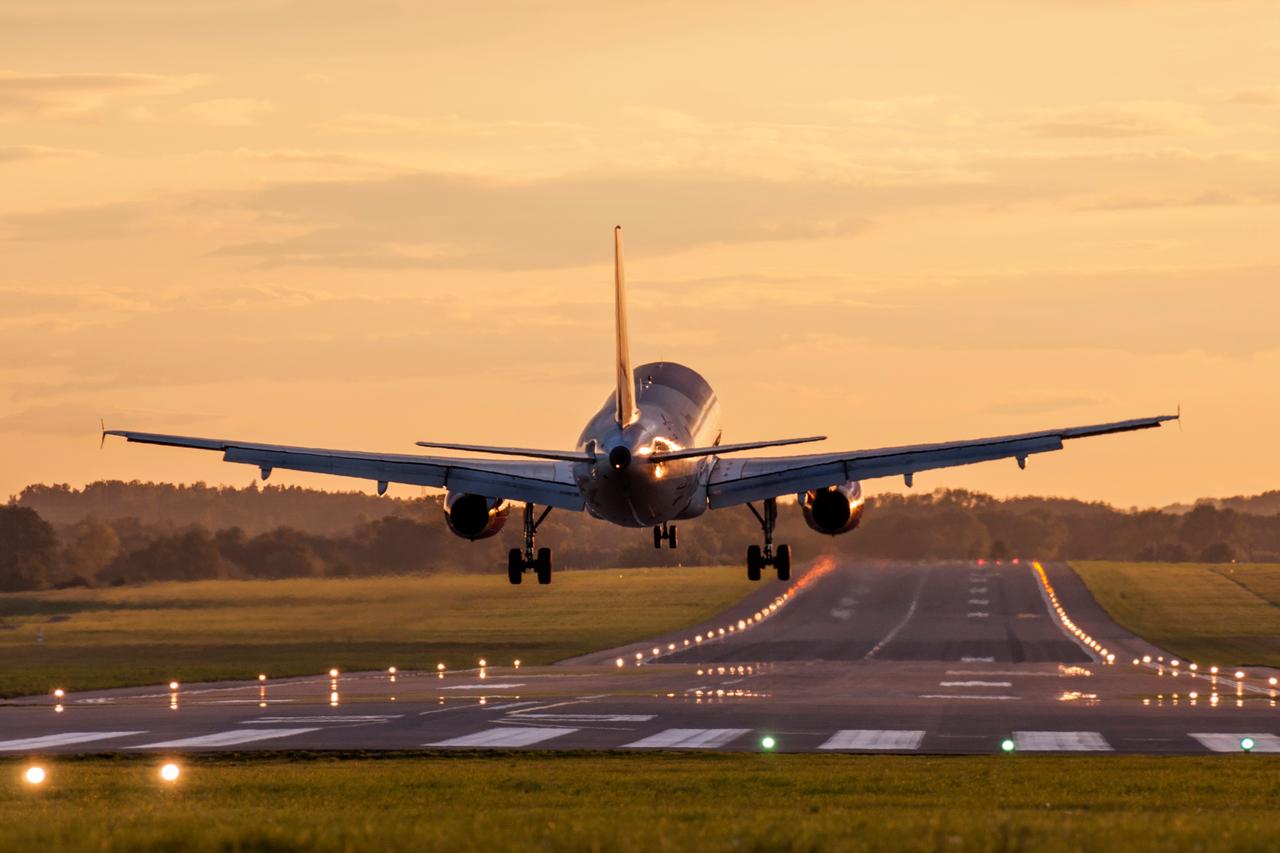
Authorities in Sweden report an alarming surge in GPS signal disruptions both jamming and spoofing targeting civil aviation across the Baltic region. The number of recorded Global Navigation Satellite System (GNSS) incidents has skyrocketed from just 55 in 2023 to a staggering 733 by late August 2025.
These disruptions, once confined to Sweden's eastern skies and international waters, now persist almost daily and have expanded inland, affecting airspace and critical maritime operations. Sweden's Transport Agency attributes the interference to ground-based sources located in Russian territory and has raised the alarm with the International Civil Aviation Organization (ICAO) alongside fellow Baltic nations.
Andreas Holmgren, overseeing aviation security at the Swedish Transport Agency, emphasized the severity: “This is serious and is a security risk for civil aviation,” citing the widespread, persistent nature of the interference.
Additional reports affirm that maritime navigation and critical infrastructure reliant on GNSS are also being compromised by the jamming efforts. Lithuania, for instance, recorded over 1,000 cases of interference in June alone—22 times more than the same month a year earlier
Referring to the broader context, European ministers noted in a May 2025 letter that GPS jamming and spoofing have been increasingly observed since 2022 across regions like the Baltic and Black Seas, often traced to Russia and Belarus.

On August 31, 2025, the aircraft carrying European Commission President Ursula von der Leyen reportedly experienced GPS signal loss while approaching Plovdiv Airport in Bulgaria, according to Financial Times. The disruption forced the pilots to circle the airport before landing and allegedly switch to manual navigation methods, with some accounts claiming they relied on paper charts.
The early narrative tied the incident to suspected Russian jamming activity, highlighting growing concerns over the security of European airspace.
Bulgarian Prime Minister Rosen Zhelyazkov later contradicted the reports, stating that no GPS jamming had been detected by ground-based monitoring systems. Still, he admitted the possibility that the aircraft’s onboard instruments may have registered localized interference and ordered further investigation.
Independent analysis by Flightradar24 also cast doubt on the claims. Flight data showed consistent navigation accuracy throughout the journey, with no clear signs of jamming or spoofing. The flight time was only slightly extended, contradicting reports of an hour-long circling above the airport.